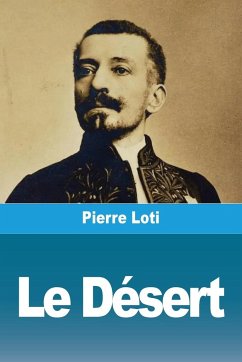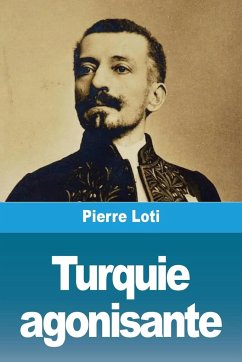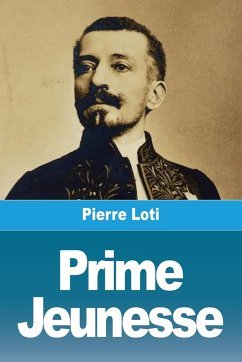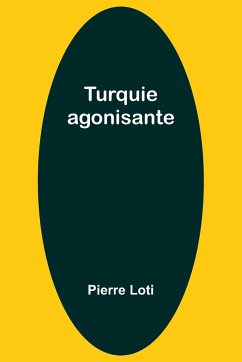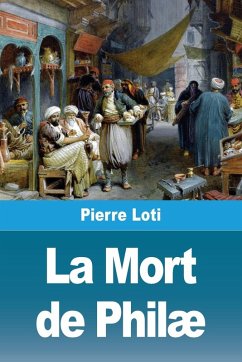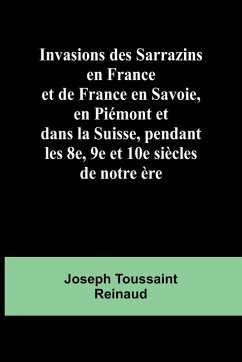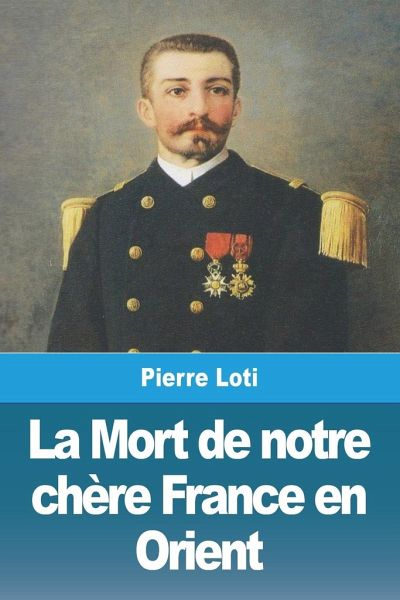
La Mort de notre chère France en Orient
Versandkostenfrei!
Versandfertig in 1-2 Wochen
13,99 €
inkl. MwSt.
Weitere Ausgaben:

PAYBACK Punkte
7 °P sammeln!
Ce livre, si j'ose l'appeler ainsi, sera le quatrième que j'aurai écrit pour défendre la plus juste des causes, et écrit, hélas ! dans une stupeur et une indignation croissantes devant tant d'irréductibles partis pris et tant d'entêtements aveugles. Il ne mérite même pas le nom de livre ; il n'est qu'un incohérent amas de documents et de témoignages - tous irréfutables, il est vrai, mais qui cependant auraient beaucoup gagné à être présentés avec un peu plus d'ordre, moins de répétitions, moins de maladresses...





